Guila Benchimol is a speaker at our upcoming Jewish Futures Conference on Thursday, May 30, where she’ll help us understand the role of Jewish education in restructuring power imbalances in sexual victimization. Guila brings over 10 years of experience as a Jewish educator to her work with various religious groups on gender-based violence. We couldn’t wait for the conference to hear her thoughts about how this issue shows up in the Jewish community, especially after the announcement about accusations of Michael Steinhardt’s pattern of sexual harassment, and interviewed her as a preview to what you’ll hear at the conference. Read on for very useful tips for addressing sexual victimization. This interview has been condensed for length and clarity.
1. What can we do after reading about new accusations and incidents, especially when they implicate our community?
We can recognize that sexual victimization happens in the Jewish community just as it does in other religious groups and in non-religious groups.
We can reach out and offer public or private words of support to those who have come forward. We can ask them what they need and what we could do to be helpful.
We can question what it means to be implicated in the story, as individuals and as members of the wider Jewish world. Are there things we need to do because of those implications? For example, are there apologies we need to make, rethinking we need to do about who we will and will not work with, as well as how we address the issue of victimization more generally?
2. In order to serve their communities effectively, Jewish organizations must foster safe and trusted cultures for staff and volunteers. What can Jewish organizations do for their teams in moments like this?
One way to foster trust and safety is to shed light on the things people would prefer to look away from. Therefore, having open discussions with your staff about current events such as these and the way in which they impact your organization specifically or more broadly are important. This also creates a culture in which staff feel that they have been given permission to raise difficult topics, disclose behaviors they have experienced or witnessed, and be heard. Ask your staff what they would like to see and how they might lead the change together with leadership. Take notes at the meeting and follow up with your team about recommendations that were raised. While you should know what you want to say at the start of the meeting, be open to hearing what they may share. Be prepared for disclosures and responding to disclosures.
3. What kind of plan should an organization or leader have in place in the event they learn that someone in their community has experienced harassment or abuse?
Organizations and leaders should have existing policies that should be implemented in these events. These policies should include mechanisms for reporting, investigating, and responding to incidents of harassment and abuse that are run by experts who understand how to carry out these tasks. Organizations and leaders should also be connected to external expert investigators who may need to carry out such a process. Additionally, organizations have a legal responsibility to these policies so both the organization and the leader need to make sure that responsibility is fulfilled.
The plan should also include how to respond to these incidents at the organizational level and to address the incidents with the entire staff and board.
Organizations and leaders should also learn how to both receive and respond to disclosures of harassment and abuse in a way that does not cause greater harm and they should also understand the importance of responding to historical incidents of abuse and harassment.
There is also a moral responsibility to protect others from harm if the abuse or harassment is ongoing or the perpetrator is positioned to continue harming.
4. How can Jewish educators create safe spaces to discuss the news and articles such as the NYT piece about the women who came forward about Michael Steinhardt?
Jewish educators need to understand their role in addressing sensitive topics with those they teach. They also need to know whether the institutions they work for want them to be delving into issues of victimization in their teaching and whether or not the individuals they teach are ready to have these discussions. There are times when the best option will be bringing in an expert in the field to hold the discussion.
Jewish educators need to know their audience and that, based on the statistics on abuse and harassment, it is possible that there are survivors in the room and others whose lives have been touched by victimization. There may also be those who have been bystanders to the victimization of others or even perpetrators. Being able to address all those different identities is important in having these discussions.
Jewish educators can also draw on Jewish texts and values to have a discussion about this issue and there are many directions they can go in. Examples include discussions about power, gender, violence, intersectionality, silence and voice, and more. Jewish educators can point both to texts that support speaking out about harm as well as those that do not seem to uphold the voices of the vulnerable. Doing this can lead to fruitful discussions about the ways in which Judaism can inform our understanding of and response to victimization as well as disclosures and also help us interrogate where change is needed.
Hear more from Guila at the Jewish Futures Conference on Thursday, May 30. Register here.
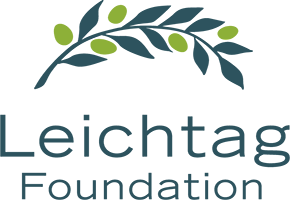
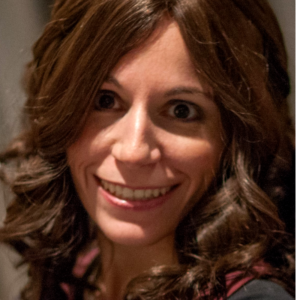


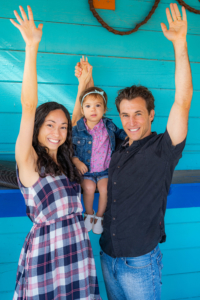
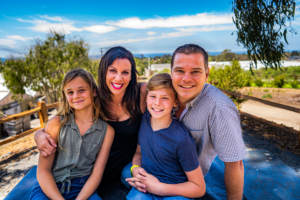
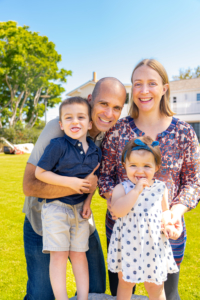 Stacie and Jeff Cook understand commitment. They live it.
Stacie and Jeff Cook understand commitment. They live it. Black, Jewish and Queer. These three identities weave the fabric of who I am, but it took a long time to believe that they could exist together.
Black, Jewish and Queer. These three identities weave the fabric of who I am, but it took a long time to believe that they could exist together.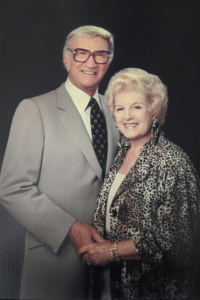 Lee and Toni Leichtag established the Leichtag Foundation in 1991 following the sale of their business. Lee and Toni were lifelong entrepreneurs with a passion for innovation and for supporting talent. They believed that only with big risk comes big reward. Both born to families in poverty, Toni to a single mother, they strongly believed in helping those most in need and most vulnerable in our community. While they supported many causes, their strongest support was for young children and the elderly, two demographics who particularly lack voice in our society.
Lee and Toni Leichtag established the Leichtag Foundation in 1991 following the sale of their business. Lee and Toni were lifelong entrepreneurs with a passion for innovation and for supporting talent. They believed that only with big risk comes big reward. Both born to families in poverty, Toni to a single mother, they strongly believed in helping those most in need and most vulnerable in our community. While they supported many causes, their strongest support was for young children and the elderly, two demographics who particularly lack voice in our society. Lifelong Baltimoreans, Rabbi George and Alison Wielechowski and their sons, 11-year-old Lennon and 9-year-old Gideon, are more than pursuing the good life in Southern California. Having moved to San Diego more than three years ago, they are fulfilling a lifelong dream.
Lifelong Baltimoreans, Rabbi George and Alison Wielechowski and their sons, 11-year-old Lennon and 9-year-old Gideon, are more than pursuing the good life in Southern California. Having moved to San Diego more than three years ago, they are fulfilling a lifelong dream.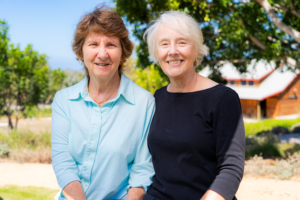
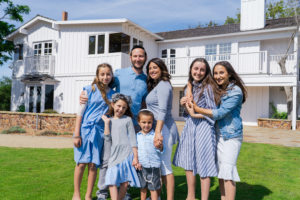
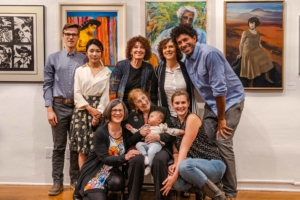
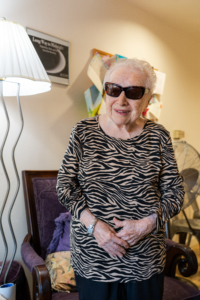
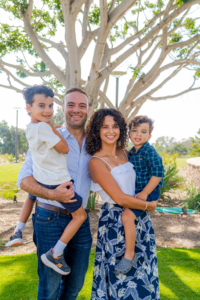
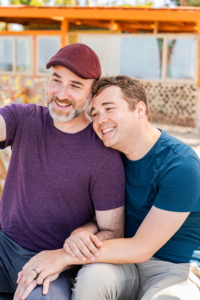
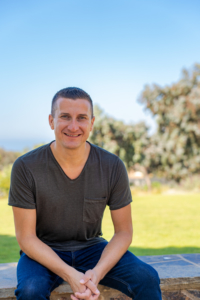 You would think that as the executive director of San Diego LGBT Pride, Fernando Zweifach López Jr., who uses the pronoun they, has done all the coming out they possibly can. A queer, non-binary individual who has worked for many years on civil rights issues, López also speaks openly and often about their father’s family, Mexican-American migrant workers who tilled the fields of rural California.
You would think that as the executive director of San Diego LGBT Pride, Fernando Zweifach López Jr., who uses the pronoun they, has done all the coming out they possibly can. A queer, non-binary individual who has worked for many years on civil rights issues, López also speaks openly and often about their father’s family, Mexican-American migrant workers who tilled the fields of rural California.